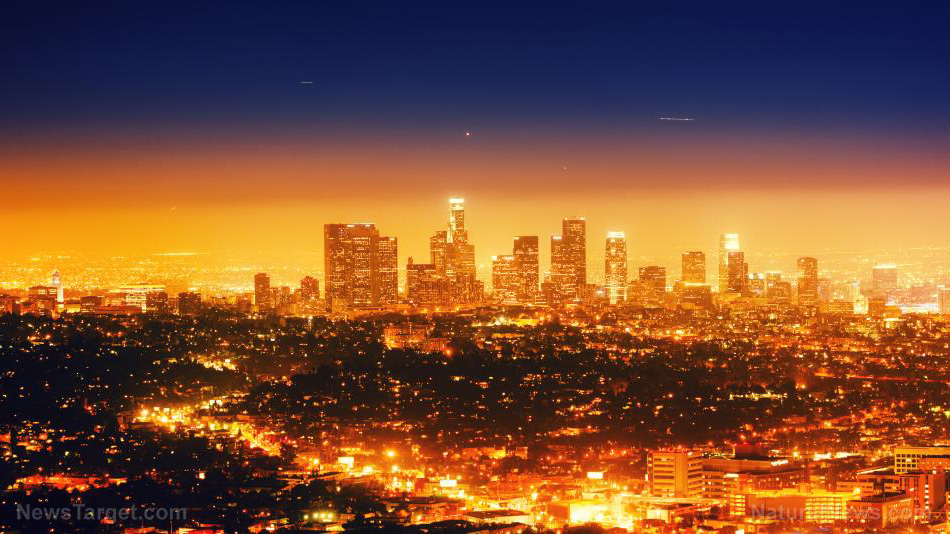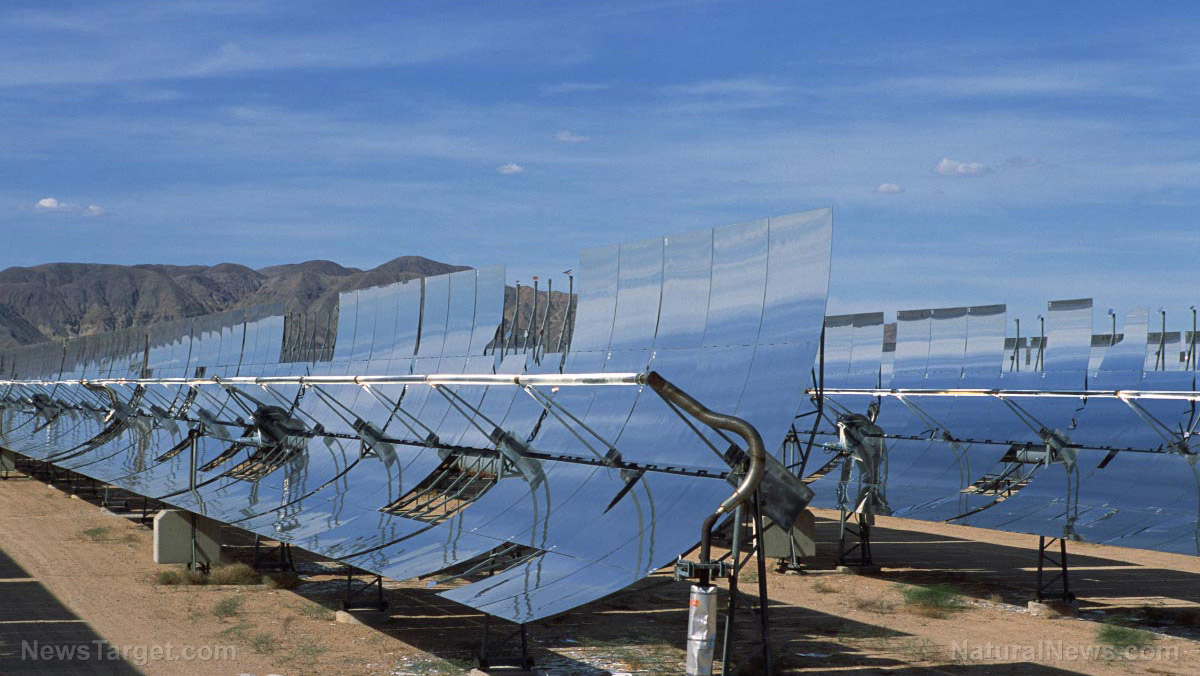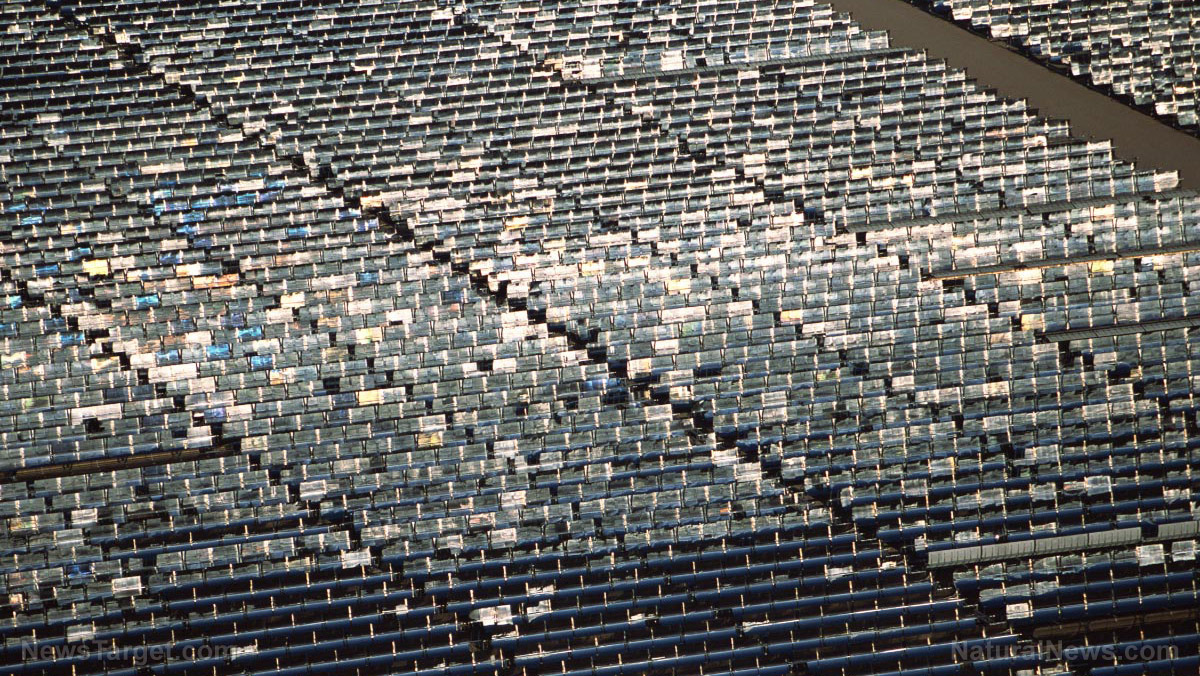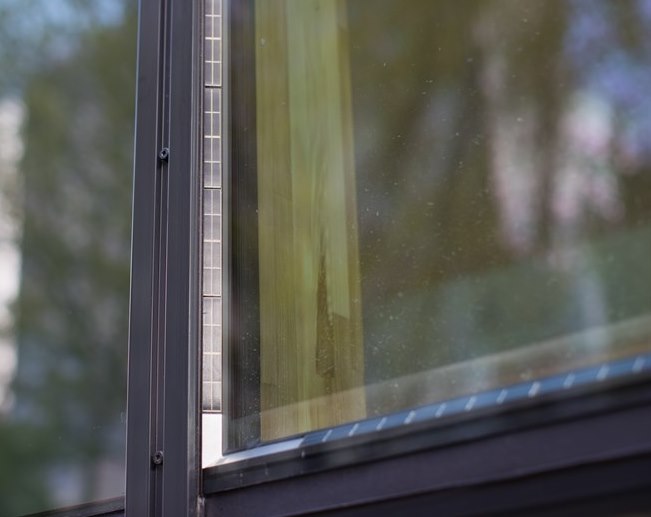Why can’t California keep up with its energy needs?
08/19/2020 / By Ethan Huff

Back in 2001, which is the last time that California faced rolling blackouts for days on end, then-Governor Gray Davis was quickly ousted through a recall. Now, nearly 20 years later, the Golden State is facing the same situation under Gov. Gavin Newsom, which begs the question: Will Californians finally remove this inept tyrant from office?
Last Friday, more than two million Californians lost power for more than four hours as energy providers were unable to keep up with demand due to a record-breaking heatwave. Since that time, millions more have also been plunged into darkness as temperatures have continued to soar into the triple digits.
After a “Stage 3 Emergency” was declared by California’s statewide energy overseer, warnings about “load interruption” were issued. The public was basically notified that you could be next, meaning the power may go out for a little while, then be restored before moving on to the next area.
“The last time such a declaration was made during the 2000 and 2001 electricity crisis, hundreds of thousands of homes and businesses took turns being plunged into darkness, power prices surged to a record high and the state’s largest utility was forced into bankruptcy,” Bloomberg reports.
Gov. Newsom, following the emergency warnings, issued one of his own via Twitter suggesting that people try to conserve energy during the “peak” hours of 3pm to 10pm.
“Set thermostat at 78° or higher,” Newsom wrote. “Use fans & close curtains. Turn off unnecessary lights. Use major appliances in off hours.”
According to Anna Gonzales, a spokeswoman for the California Independent System Operator, California has suffered “an energy shortfall” due to excessive heat. Consequently, state utilities had to come up with a way to decrease demand by about 1,000 megawatts.
“That’s enough to power about 750,000 homes, by California ISO’s estimates, affecting well over 2 million people based on the average household size,” Bloomberg went on to report.
Come on, California – get rid of Newsom already!
Though you will be hard-pressed to find any admission of this in the mainstream news, the fact of the matter is that California would not be in the shape it is currently in, were it not for failed “green” energy policies that have systematically decreased the state’s energy capacity by leaps and bounds.
As noted by energy expert Mike Shellenberger, California has replaced many of its more reliable energy sources, such as natural gas, with less reliable and less plentiful alternatives like wind and solar, both of which are failing during this ongoing crisis.
As it turns out, California’s current heatwave is coupled with lots of cloud cover in the deserts, which is interfering with large solar farms being able to collect enough energy from the sun to power California homes and businesses. The same is true of wind, which has hardly been blowing as hot, stale air blankets the state.
Such problems are nonexistent with natural gas and coal, both of which can continue to generate energy no matter the shifting weather patterns. Getting rid of these reliable sources of energy has done nothing but harm California’s ability to remain stable during difficult times, which the state’s residents are hopefully taking notice of as they ponder a better path forward.
Meanwhile, California has actually been caught punishing homeowners with solar panels for supposedly producing too much energy. Nothing makes sense, it would seem, in the land of “fruits and nuts,” as they used to call it, which suggests that major reform is desperately needed, starting with the governor.
For more related news about energy production and its impact on the environment, be sure to check out Environ.news.
Sources for this article include:
Tagged Under: California, collapsifornia, energy, green energy, heatwave, rolling blackouts, solar, wind
RECENT NEWS & ARTICLES
SolarTechReview.com is a fact-based public education website published by Solar Tech Review Features, LLC.
All content copyright © 2018 by Solar Tech Review Features, LLC.
Contact Us with Tips or Corrections
All trademarks, registered trademarks and servicemarks mentioned on this site are the property of their respective owners.






